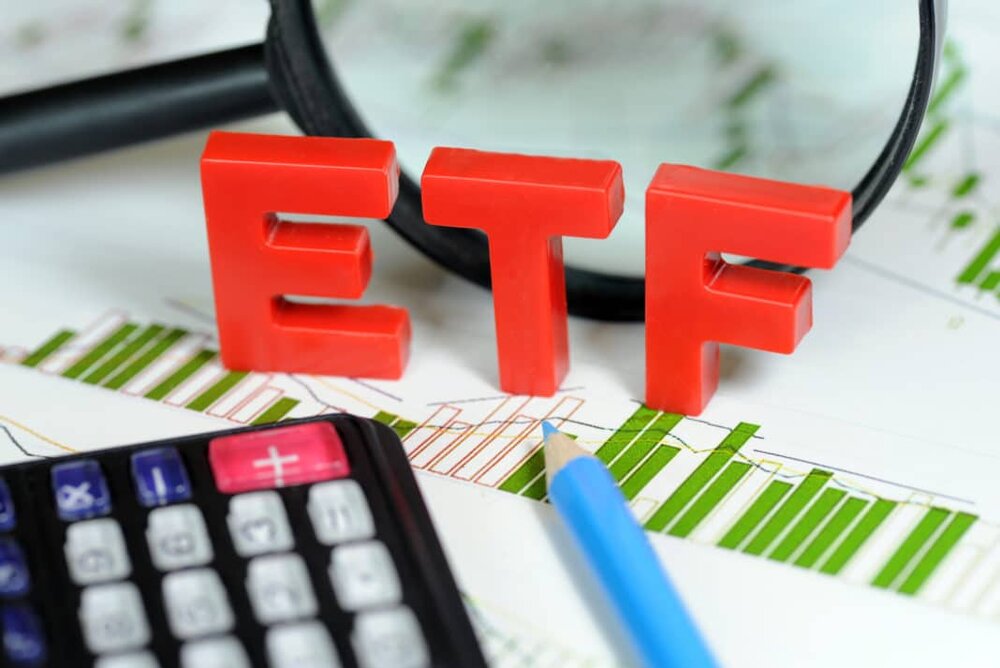The act of allocating a portion of your monthly income to an investment scheme. This action is taken with the aim of acquiring wealth. But, just investing is not enough. An investment in mutual funds can be divided into two. The types of mutual fund investments are active investments and passive investments. While both types of investments are known for following a common benchmark, they differ in one specific way. The active investing strategy generally aims to outperform the benchmark it is tracking. On the other hand, passive investing instead of outperforming a benchmark aims to replicate its performance. Some of the prominent examples of passive investing are exchange-traded funds and index funds.
Exchange-traded funds:
An example of the passive investment strategy, exchange-traded funds (ETF) can be defined as shared investment funds that both track and replicate an index. Then, the said allocates funds to different asset classes such as equity, gold, and debt. Generally, exchange-traded funds follow the performance of a particular index, commodity, sector, or any other asset. But they differ from mutual funds in one way. The said way is that ETFs can be both bought and sold in an exchange just like the way stocks are traded.
What are the benefits associated with signing up for ETFs?
- They are known for offering trading flexibility:
Amongst the major benefits of ETFs is that they are known for providing you with trading flexibility. By signing up for these funds, it is possible to take different actions such as intraday trading during market hours. Intraday trading or day trading can be defined as the act of purchasing and selling stocks on the same trading day. Thanks to the flexibility offered by ETFs you can make better use of trading opportunities that arise in a day.
- Funds can be easily diversified in ETFs:
ETFs also provide investors with exposure to various asset classes such as equities, bonds, and gold. Each of these asset classes is known for behaving differently and is known for having little to no co-relation when it comes to performance. Furthermore, diversifying investments might help in cushioning the negative performance of a single asset class.
- These funds are known for being highly liquid:
Another reason to sign up for an exchange-traded fund is that it does not come with a lock-in period. As there is no lock-in period, it is possible for you to enjoy the benefit of liquidity. The factor of liquidity ensures that you have the freedom to redeem your investments whenever you want.
Index funds:
These funds are a variant of mutual fund schemes where a portfolio is built to match or track the components of a financial market index. These funds are known for coming with features like low operating expenses and low portfolio turnover. These funds track their benchmark index regardless of the state of the markets.
What are the benefits associated with signing up for index funds?
- These funds are affordable:
These funds do not require a team of research analysts. Analysts can be defined as the professionals that can help fund managers to pick the right stocks. This results in the low managing cost of an index fund.
- It is easy to manage these funds:
Another reason why you should consider signing up for index funds is that they can be managed easily. That’s because the portfolio manager doesn’t need to worry about how the index stocks are performing in the market. In these funds, all that a fund manager needs to do is periodically rebalance the portfolio.
How do ETFs and index funds differ from each other?
| Feature | ETF | Index funds |
| Fund management style | They can be both actively and passively managed | However, they are only passively managed |
| Trading Style | They trade like stock because they can be traded on an exchange throughout the day | These funds can be purchased and sold only at a price That’s published at the end of each trading day. |
While it is true that ETFs are very flexible, index funds simplify many trading decisions that you are required and expected to make. Hence, signing up for index funds might be a prudent choice.






